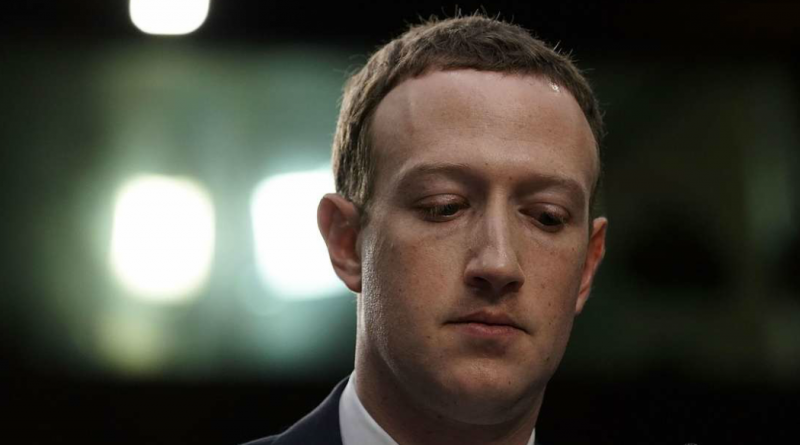Facebook Recap: Why Exactly Did Mark Zuckerberg Testify Before Congress?
Facebook CEO Mark Zuckerberg testified before U.S. congressional committees during hearings that took place Wednesday and Thursday to answer congressmen’s accusations on how Facebook failed to protect users’ personal information from election interference.
Zuckerberg’s committee appearance stemmed from a New York Times report published in March that Cambridge Analytica, a political data firm that worked on President Donald Trump’s 2016 campaign, improperly gained access to private data on more than 50 million Facebook users. (Facebook now puts this estimate at around 87 million Facebook users.)
&’ async type=’text/javascript’>&’ async type=’text/javascript’>&’ async type=’text/javascript’>&’ async type=’text/javascript’>&’ async type=’text/javascript’>&’ async type=’text/javascript’>&’ async type=’text/javascript’>&’ async type=’text/javascript’>&’ async type=’text/javascript’>&’ async type=’text/javascript’>&’ async type=’text/javascript’>&’ async type=’text/javascript’>&’ async type=’text/javascript’>&’ async type=’text/javascript’>&’ async type=’text/javascript’>
In Other ✈ news…
>>Relay For Life: UD Students Raise Money For American Cancer Society
>>Artist Spotlight: Claire Bowman
>>University Update: Former President Dan Curran In Need Of Liver
Here’s what you need to know:
- The gathered data was used to target voters with political ads
- It was not a data breach; Cambridge Analytica initially was allowed access to user data for academic purposes (Facebook users consent to this when they create an account)
- University researcher Aleksandr Kogan gained access to tens of millions of users’ data in 2013 through a personality quiz app
- In 2015, Facebook learned Cambridge Analytica was misusing this data and demanded the firm provide certification it was deleted
- Cambridge Analytica has denied Kogan’s data was used for the Trump campaign; Christopher Wylie, the political data firm’s co-founder, claims otherwise
&’ async type=’text/javascript’>&’ async type=’text/javascript’>&’ async type=’text/javascript’>&’ async type=’text/javascript’>&’ async type=’text/javascript’>&’ async type=’text/javascript’>&’ async type=’text/javascript’>&’ async type=’text/javascript’>&’ async type=’text/javascript’>&’ async type=’text/javascript’>&’ async type=’text/javascript’>&’ async type=’text/javascript’>&’ async type=’text/javascript’>&’ async type=’text/javascript’>&’ async type=’text/javascript’>
There were notable moments throughout the hearings:
- To highlight concerns over privacy, Sen. Richard Durbin (D-IL) asked Zuckerberg if he would be willing to share the name of the hotel he stayed the previous night or the names of the people he had messaged this week (Zuckerberg said he would not want to do so)
- Regarding potential regulation of internet and technology companies, Zuckerberg welcomed it as long as it was the “right regulation”
- Sen. Ted Cruz (R-TX) questioned Zuckerberg about the perceived anti-conservative bias of Facebook; Zuckerberg said his company does not ask employees their political affiliation
- Zuckerberg confirmed Facebook is working with special counsel Robert Mueller’s investigation into Russian meddling in the 2016 election
Facebook has begun to alert users if their data was accessed by Cambridge Analytica
Photo Taken From dnaindia.com.



